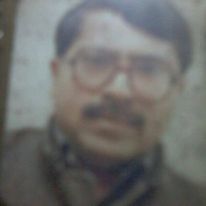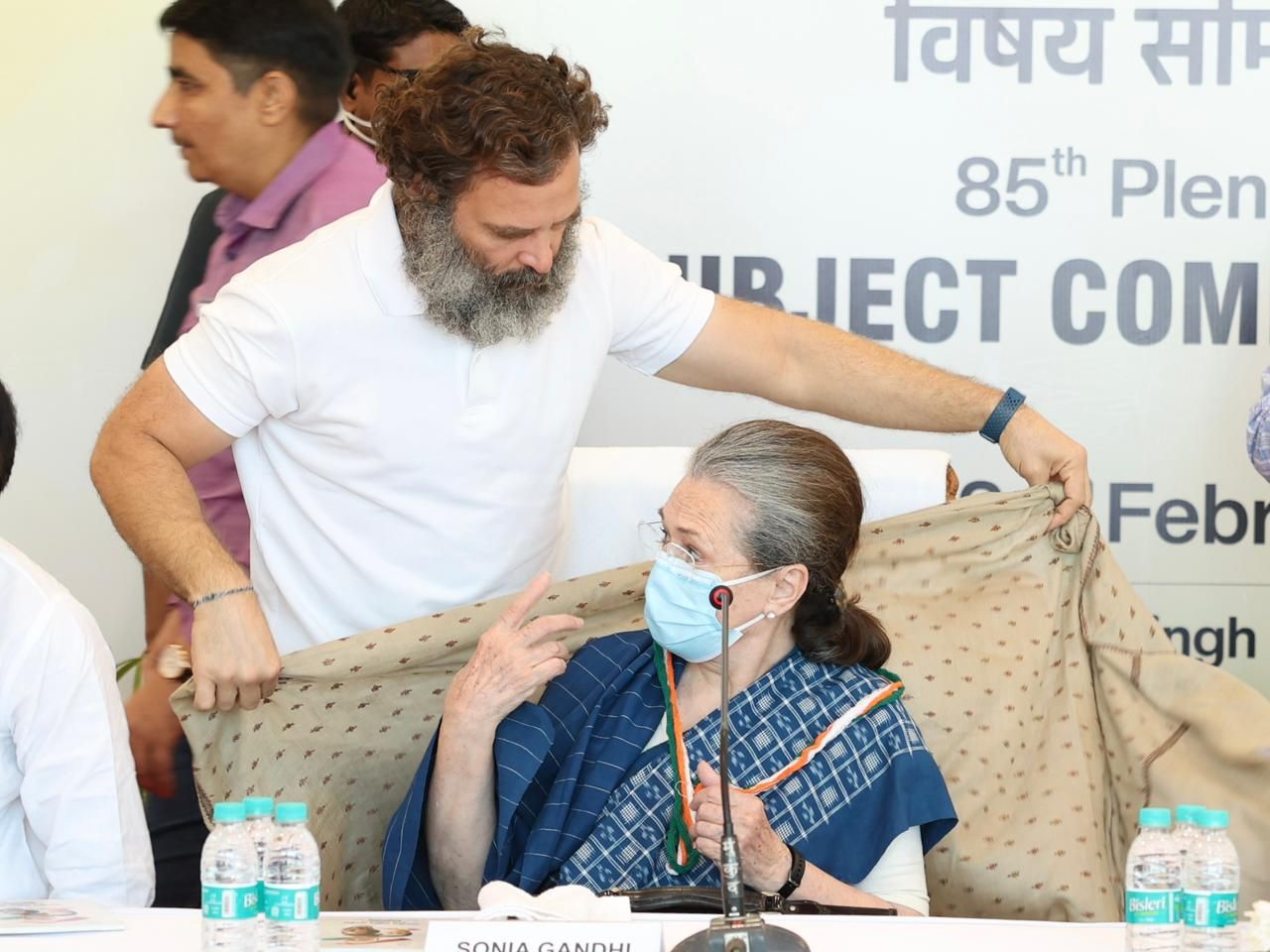
Congress Plenary Session at Raipur in Chhattisgarh
 By G Krishna Mohan Rao*
By G Krishna Mohan Rao*
Raipur: As expected, the Congress leadership at the party’s 85th plenary session here, once again decided not to hold elections to the Congress Working Committee (CWC) and decided to continue with the three-decade-old tradition of ‘nominations’ by authorising the Congress president Mallikharjun Kharge to do so.
Though leaders like Digvijay Singh, Abhishek Manu Singhvi, Ajay Maken and others pressed for elections to CWC, the overwhelming majority at the party’s steering committee that met here today left the decision to the party chief Kharge.
It was felt that election to the CWC would trigger a bitter internal conflict at a time when the need of the hour is to take on Narendra Modi and the Bharatiya Janata Party (BJP) and send a strong signal to cadres that defeating the BJP is the top most priority for the party.
An election to CWC would have inevitably created an overriding “who-won-who-lost in CWC” narrative while the purpose is to send out a strong message to the BJP that the Congress is ready for the battle. The leadership also must have felt that simmering discontent within the party, led by seniors through G-23 “rebel” group, could still hijack and could prove counterproductive at this critical juncture.
It was also pointed out that the leadership is aware of the fact that the party organisation in several states is weak, and there is a need for consolidation and restructuring of the present set-up. So the wiser option of not creating newer problems within the party was exercised by authoring party chief Kharge to nominate members. Further, it was also decided to amend the party constitution in order to increase the strength of the CWC from the present 24 to 35 members.
Senior leader Pramod Tiwari set the tone by arguing against internal elections and pleading for authorising the party chief to constitute the CWC. It was learnt that more than 25 members out of the 35 members who spoke opposed the election. Some leaders conceded the importance of the elected members to the CWC but argued that situational logic did not support that risk. One member observed that the election could be held for CWC after the 2024 Lok Sabha polls, as it was desirable as a principle to strengthen internal democracy.
It was more of a consensus to avoid the CWC election in order to stop the factions and groups when five big states are going to polls this year followed by the Lok Sabha election in April-May next year. The message of the plenary should be that the party is geared up and is united to oust the BJP. Any dilution of this message, any multiplicity of messaging, will be suicidal. We cannot derail the narrative set in motion by its leader Rahul Gandhi’s Bharat Jodo Yatra. So, the bottom line was “It is too late to get embroiled in internal competition and bickering”.
During his intervention, Kharge also gave a strong insight “This plenary is happening at a time when the country is facing enormous challenges. Democracy and Constitution are in peril. Parliamentary institutions are grappling with a grave crisis. Even political activities are under surveillance. We have to consider all these facts and express our views…the entire country is looking up to this plenary.” In other words, the party chief made it clear that he cannot allow squabbles to overshadow national issues.

No member of the Gandhi family was present at the meeting. There was speculation this was a strategy to give a free hand to the party to decide on this crucial point of elections. So it is obvious, to the party workers, the AICC structure including the party president is an arrangement to run the system while the leadership role is reserved for Sonia and Rahul. Some leaders, in utter disappointment, pointed out that Sonia and Rahul do not want internal democracy and they want to nominate their own men to the Congress Working Committee.
It is also felt that whenever a Congress plenary is held, the talking point revolves around whether the election to the CWC, the highest decision-making body of the Congress, will be conducted or not. Whether good or bad, the perception of the party’s high command normally seemed to be that the elections to the CWC would ruffle the power equation within the Congress and lead to internal rumblings. In other words, those who are on the periphery want elections, and those who are well entrenched in the party and close to the power circle want no election and the status quo to prevail.
Partymen recall that during the last 50 years or so, only twice, genuine elections to the CWC have been held. On both occasions, a person outside the Nehru-Gandhi family was at the helm. First, it was in 1992 at the Tirupati plenary during PV Narasimha Rao’s leadership and the second time it was at the Kolkata plenary in 1996, during Sitaraman Kesari’s leadership. Sonia Gandhi became the Congress president in April 1998, and ever since, to date no elections to CWC. She always nominated all 23 members.





“….. So the wiser option of not creating newer problems within the party was exercised by authoring party chief Kharge to nominate members.”
That means Mr Kharge will declare, ” I the President of Congress Party, executing my authority as the President hereby nominate following leaders as CWC members as directed by Madam Sonia…. ”
“……the election could be held for CWC after the 2024 Lok Sabha polls, as it was desirable as a principle to strengthen internal democracy.’ Great self confidence. The Party and leaders are sure that Congress will still have 35 leaders left after the 2024 elections….”